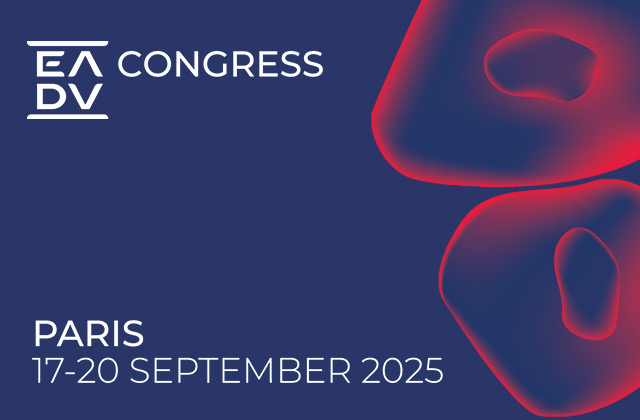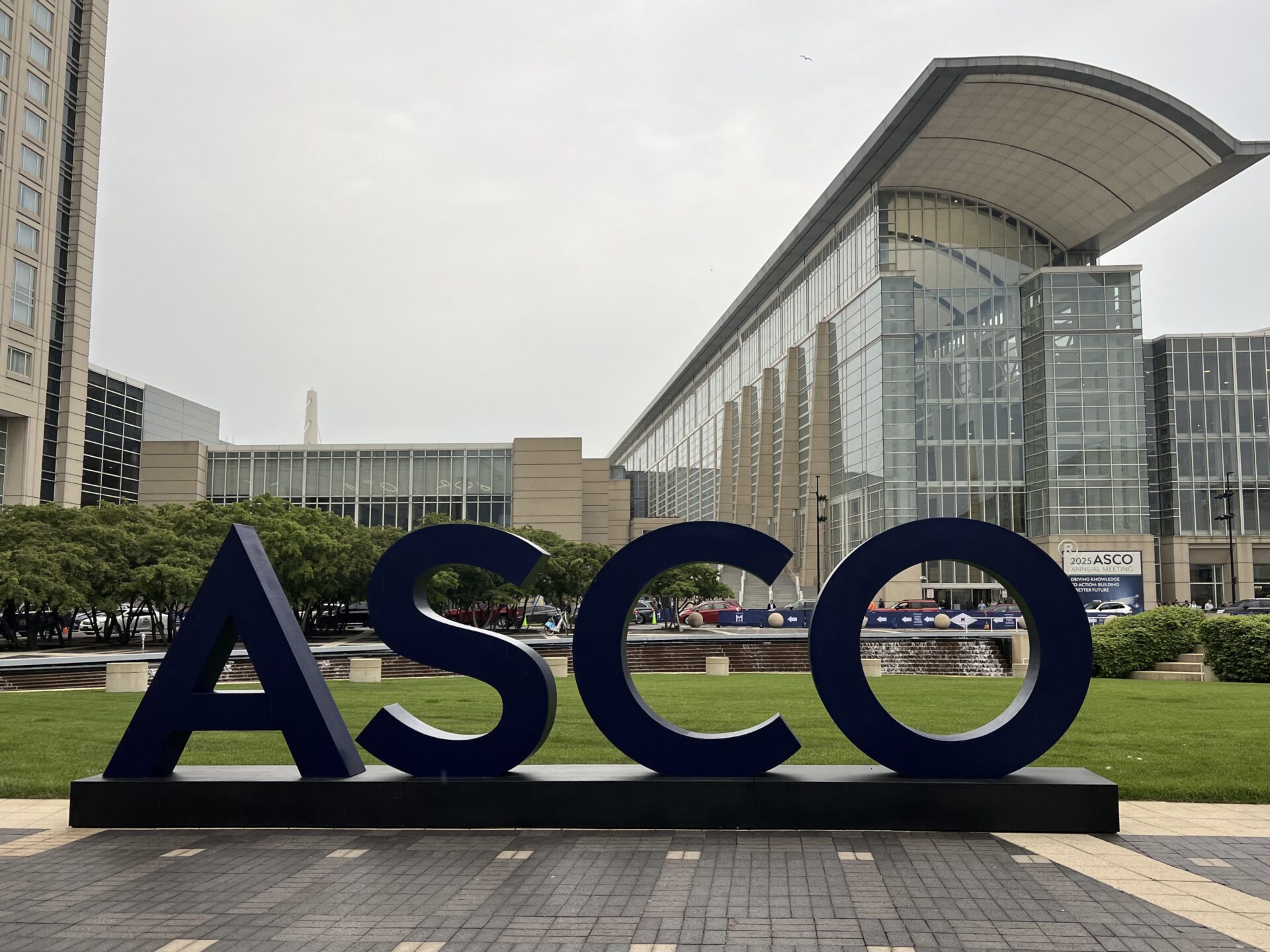
In Part I of this series, we discussed the surging levels of interest and investment in psychedelic therapies. After decades of lying dormant, psychedelic medicines are back, and a lot of research dollars are being invested to bring them to market. However, there is more to psychedelic therapy than the drugs themselves.
Many psychedelics being studied today are just one essential component of a broader, integrated suite of therapeutic interventions. The focus is more often on psychedelic-assisted behavioral therapy, rather than on the psychedelic drug as a standalone intervention. This can have a significant impact on the overall cost of a new therapy and how it is ultimately commercialized and reimbursed. In this installment, we explore the dynamics of this in more detail.
Psychedelic-Assisted Therapy: Potential Access & Reimbursement Challenges
As psychedelic therapies continue to progress through the pipeline and near the commercialization stage, patient access and payer reimbursement will become especially important to garner market traction in the US. Historically, behavioral health therapists have struggled to gain adequate reimbursement for delivery of mental and behavioral health services. A study by Milliman revealed that for every $1 that insurance companies reimburse primary care physicians in preferred provider organizations (PPOs), they reimburse behavioral health professionals 76.2 cents.[1]
Behavioral health providers also face additional barriers to joining insurance networks, due in part to low reimbursement rates that have not increased in decades.[2] [3] These reimbursement rates are generally not profitable enough to encourage providers to join networks, and many can often make more money by converting to a self-pay or cash-only practice.[4] Other challenges have also limited patient access to behavioral health services, including a shortage of professionals in the mental health workforce and limitations on access to mental health services.[5]
The most clinically advanced psychedelic therapeutics are being studied in combination with a behavioral health therapy component, including the MAPS MDMA-AT product for post-traumatic stress disorder (PTSD) and Compass Pathways’ psilocybin-AT product for treatment-resistant depression (TRD) (see Table 1).
Psychedelic-assisted therapy (AT) refers to the involvement of behavioral health therapists before, during, and after the administration of a psychedelic medication. These therapists provide comprehensive psychotherapy treatments to support the patient.[6] As a result, modern-day psychedelic regimens have become logistically complex, requiring multiple providers, multiple points of contact or sessions, and a lengthy time frame for administration. Some regimens require up to two behavioral health therapists, 15 or more visits with therapists, and sometimes five or more months for the total regimen to be completed.
Therapists must undergo rigorous training programs to become qualified to administer these regimens. Administration is generally segmented into three phases which include:
- Preparatory Sessions – Used by the therapist to inform and prepare the patient for the drug session[7]
- Drug Sessions – Single or multiple sessions, which are supported by the therapist
- Post-Drug Integration Sessions – Follow-up sessions in which the therapist and the patient discuss the psychedelic experience and psychotherapy is provided[8]
Sessions are typically spread out over a course of weeks, requiring robust engagement—often with multiple therapists—throughout each phase of administration.
Due to the novelty of these therapeutic interventions, psychedelic manufacturers have created these rigorous clinical trial designs and administration protocols to help standardize and prepare eventual commercial use to realize the clinically demonstrated health benefits.
Table 1 – Representative Examples of Clinical Trial Designs for Psychedelic-Assisted Therapies (AT)
| MAPS | COMPASS Pathways | Awakn Life Sciences | |
|---|---|---|---|
| Drug | MDMA-AT | Psilocybin-AT | Ketamine-AT |
| Indication | Post-Traumatic Stress Disorder | Treatment Resistant Depression | Alcohol Use Disorder |
| Clinical Trial Phase | Phase 3 in progress | Phase 2 complete, Phase 3 to begin in late 2022 [9] | Phase 2 complete, Phase 3 planned in 2023 [10] |
| Geography | US | US | UK |
| Route of Administration | Oral | Oral | Intramuscular |
| Administration Overview | |||
| Total Administration Length | |||
| Total Number of Visits | 15+ visits | 10+ visits | 11 visits |
| Role of Therapist | Two trained behavioral health therapists are involved in each step of the process from prep through to treatment period and follow up [14] | Two trained behavioral health therapists are involved in each step of the process from prep through to treatment period and follow up [15] | One trained behavioral health therapist is involved in each step of the process from prep through to treatment period and evaluation |
The behavioral health component will command a large share of the total cost due to the lengthy administration protocols, where some sessions can last multiple hours and require more than 10-15 visits with behavioral health providers. As an illustrative example, assuming that each session requires one hour of psychotherapy and two therapists, based on current Medicare reimbursement rates[16], insurance companies will need to reimburse $3,000-$4,600 (or more) per patient for the behavioral health component alone. Many of these protocols will likely require more than one hour of psychotherapy for some sessions which is non-standard for payment or even two behavioral health therapists which introduces additional cost implications given that there is no code for reimbursement of a second provider that delivers the same services at the same time.
It is hopefully now clear that current psychedelic-AT regimens could face challenges with coverage and reimbursement at launch. To reduce cost, maximize access, and help improve market adoption, manufacturers should look into streamlining existing protocols and / or seek out innovative approaches to delivering the behavioral health component. One option that can be explored includes developing new reimbursement codes that cover the unique aspects of psychedelic-AT regimens. Another solution could be to negotiate a bundled case rate for all services in a course of therapy, as has historically been done in other therapeutic classes with complex regimens. Lastly, the barriers from psychedelic-AT regimens are one of the commercial drivers for developing novel psychedelic derivative molecules that can be effective with less oversight via shorter duration or more potent effect (see Part I).
So while psychedelic-AT has its challenges, it is potentially seen as a refreshing validation and restructuring of the mental health care model by needing both drug and therapist to be synergistically applied to obtain safe and effective outcomes. Currently, it’s often the case that a patient is prescribed drug therapy by a psychiatrist and receives talk therapy from a different provider, with limited—or no—integration between the two sides. By contrast, tight integration is most often a structural and essential part of psychedelic AT. This reality should help to further the “holistic care” that is so often missing with patients and be an alternative to the growing concerns about over-prescribing in mental health to mask symptoms rather than address underlying root causes.
Coming Next
As mentioned above, there could be a number of ways to address the potential challenges regarding access and reimbursement. Never underestimate the ingenuity of human beings when it comes to solving problems. In fact, we think these challenges may open up an opportunity for another area of great interest to us: digital health. In our third and final installment, we will explore how digital health might be able to help address the cost issues while providing the integrated care that patients need.
Endnotes
[1] Center for American Progress, Report: The Behavioral Health Care Affordability Problem, May 26, 2022, https://www.americanprogress.org/article/the-behavioral-health-care-affordability-problem/
[2] US Government Accountability Office (GAO), Report: MENTAL HEALTH CARE: Access Challenges for Covered Consumers and Relevant Federal Efforts, March 2022, https://www.gao.gov/assets/gao-22-104597.pdf
[3] Center for American Progress, May 26, 2022
[4] GAO, March 2022
[5] Ibid
[6] Ekman Schenberg. Eduardo, Psychedelic-Assisted Psychotherapy: A Paradigm Shift in Psychiatric Research and Development, Frontiers in Pharmacology, July 5, 2018, https://www.frontiersin.org/articles/10.3389/fphar.2018.00733/full
[7] COMPASS Pathways, Form 10-K Filing with US SEC, https://ir.compasspathways.com/static-files/34507b8b-5c74-4ac7-95de-f7bd9295873e
[8] Ibid
[9] COMPASS Pathways press release, COMPASS Pathways plc announces first quarter 2022 financial results and business highlights, May 10, 2022, https://ir.compasspathways.com/news-releases/news-release-details/compass-pathways-plc-announces-first-quarter-2022-financial
[10] Awakn company presentation, August 2022, https://2vfrib152koj1wj7m44cbom1-wpengine.netdna-ssl.com/wp-content/uploads/2022/08/Awakn-Corporate-Presentation-0508.pdf
[11] MAPS, Protocol and Synopsis MAPP2 IND #063384, March 23, 2021, (source for information in Table 1 for MAPS Administration Overview, Total Administration Length, and Total Number of Visits), https://maps.org/wp-content/uploads/2022/05/MAPP2-Protocol-A4V1-FINAL_REDACTED_23MAR2021.pdf
[12] COMPASS Pathways presentation, Transforming mental health care, September 2022, (source for information in Table 1 for COMPASS Pathways Administration Overview, Total Administration Length, and Total Number of Visits), https://ir.compasspathways.com/static-files/cd345e8e-a881-4c56-8d89-50a84bdff51d
[13] Awakn Clinics, Client Information Leaflet, (source in Table 1 for Awakn Administration Overview, Total Administration Length, Total Number of Visits, and Role of Therapist, https://awaknclinics.com/wp-content/uploads/2022/02/Client_Information_leaflet_2502.pdf
[14] MAPS, A Manual for MDMA-Assisted Psychotherapy in the Treatment of Posttraumatic Stress Disorder, Aug. 27, 2017, https://maps.org/wp-content/uploads/2022/05/MDMA-Assisted-Psychotherapy-Treatment-Manual-V8.1-22AUG2017.pdf
[15] Tai, Sara J, et al, Development and Evaluation of a Therapist Training Program for Psilocybin Therapy for Treatment-Resistant Depression in Clinical Research, Frontiers in Psychiatry, Feb 3, 2021, https://www.frontiersin.org/articles/10.3389/fpsyt.2021.586682/full
[16] American Psychological Association website, 2022 Medicare fee schedule: Frequently asked questions, https://www.apaservices.org/practice/medicare/medicare-news/2022-fee-schedule, accessed Oct 4, 2022









